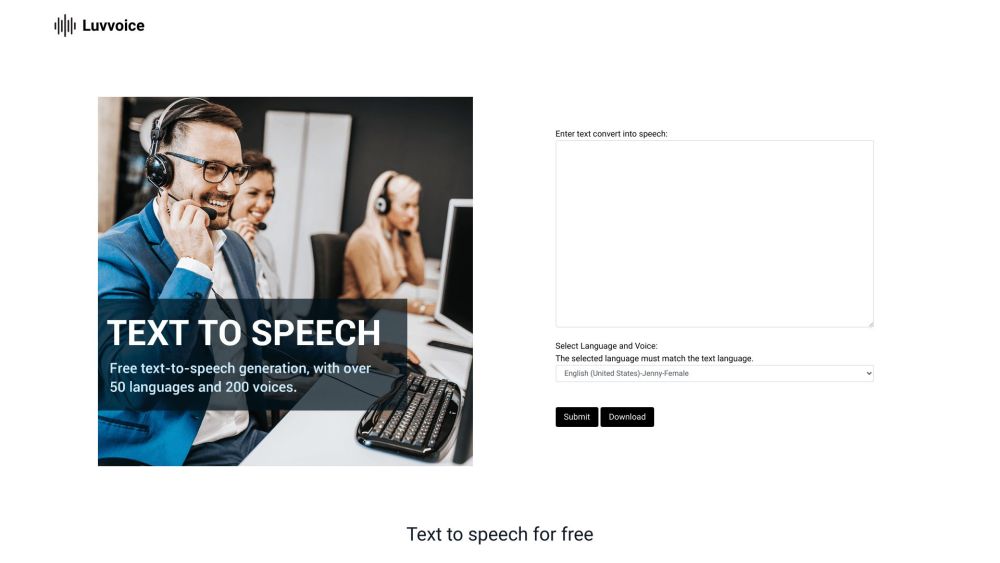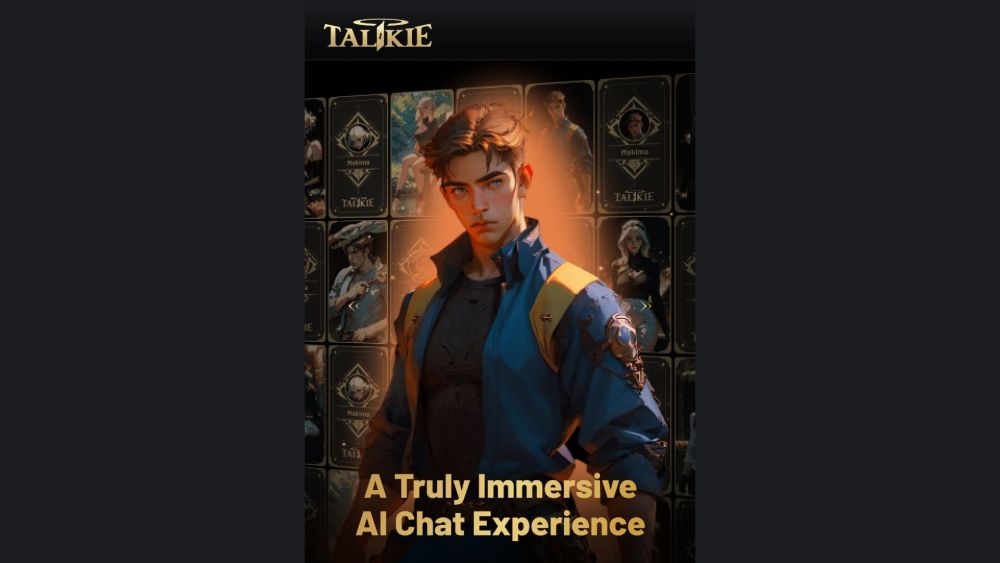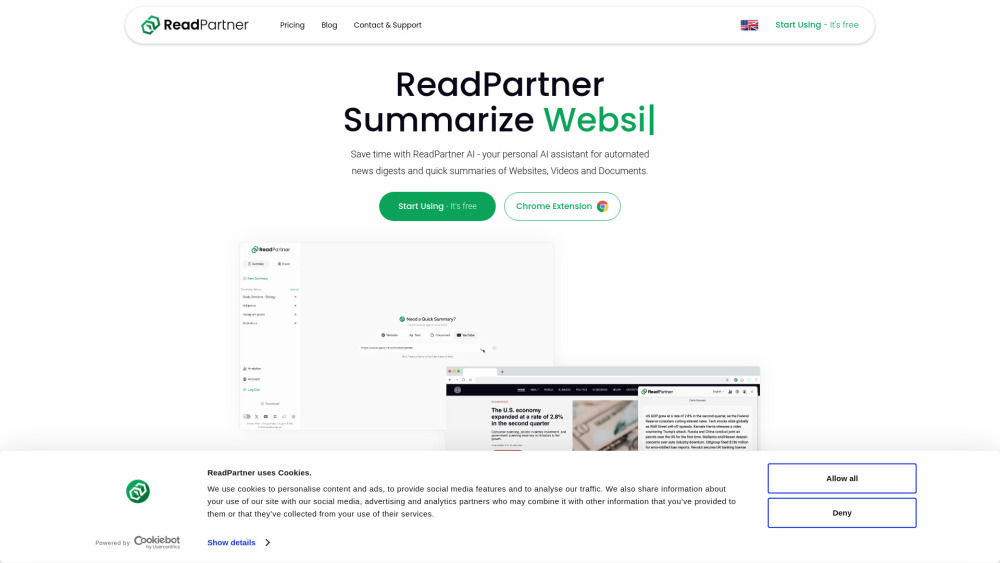Built in Just One Day: This Open-Source AI Tool Takes Aim at Google’s NotebookLM
Most people like

Discover our free text-to-speech tool, featuring over 200 natural-sounding voices. Transform your written content into engaging audio effortlessly!

Talkie is an innovative platform that empowers users to transform their online personas and connect with diverse individuals and experiences. Whether you're looking to explore new identities or engage with a wide range of virtual encounters, Talkie provides a unique space to meet anyone and anything in the digital realm.

Discover the power of our AI News Digest and Summary Tool, designed to keep you updated with the latest news effortlessly. This cutting-edge tool harnesses the capabilities of artificial intelligence to curate and summarize news articles, providing you with concise and relevant information tailored to your interests. Stay informed without the overwhelm, and enhance your reading experience with curated insights from the world of news.

In today's fast-paced digital landscape, effective communication is essential. The unrestricted chat tool empowers users to experience real-time interactions without limitations. Whether you're collaborating with a team, engaging with clients, or simply connecting with friends, this tool enhances communication efficiency and fosters stronger relationships. Explore how an unrestricted chat tool can transform your conversations and bring people closer together, breaking down barriers to effective dialogue.
Find AI tools in YBX
Related Articles
Refresh Articles
